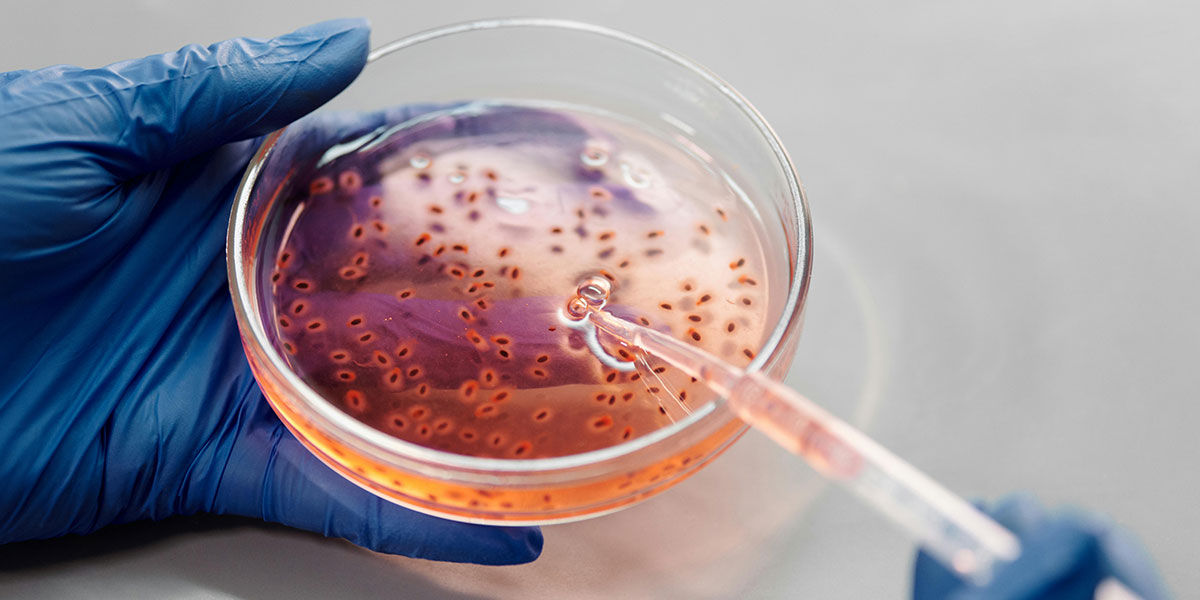In the relentless battle against infectious diseases, antimicrobial agents have been our trusted allies, saving countless lives and revolutionizing medical treatments. However, the alarming rise of antimicrobial resistance (AMR) is rapidly eroding this vital line of defense, posing a severe threat to global public health, food security, and economic stability.
The Multifaceted Challenge of Antimicrobial Resistance
Antimicrobial resistance is a complex phenomenon that transcends geographical boundaries and sectors. It arises when microorganisms, such as bacteria, viruses, fungi, and parasites, develop the ability to withstand the effects of antimicrobial drugs, rendering these once-potent weapons ineffective.
The overuse and misuse of antimicrobials in both human and animal health sectors, as well as in agriculture, have accelerated the spread of resistant microbes. Additionally, inadequate infection prevention and control measures, poor sanitation, and environmental contamination further exacerbate the AMR crisis.
A Multisectoral Crisis Demands Multisectoral Solutions
Tackling antimicrobial resistance requires a coordinated, multisectoral approach that addresses the interconnected drivers of this global health threat. The One Health paradigm, which recognizes the intrinsic links between human, animal, and environmental health, offers a comprehensive framework for developing effective AMR strategies.
- Human Health Sector: Promoting Judicious Use and Stewardship
In the human health sector, antimicrobial stewardship programs play a crucial role in optimizing the use of these life-saving drugs. By implementing evidence-based guidelines, monitoring antimicrobial prescribing practices, and raising awareness among healthcare professionals and patients, we can reduce unnecessary and inappropriate use of antimicrobials, thereby slowing the emergence of resistance. - Animal Health and Agriculture: Sustainable Farming Practices
The indiscriminate use of antimicrobials in livestock production and aquaculture has contributed significantly to the AMR crisis. Adopting sustainable farming practices, such as improving biosecurity measures, implementing vaccine programs, and phasing out the use of antimicrobials as growth promoters, can help curb the development and spread of resistant pathogens in the food chain. - Environmental Stewardship: Addressing Contamination and Transmission
Antimicrobial-resistant microbes can persist in the environment, facilitated by factors such as improper waste management, contaminated water sources, and agricultural runoff. Implementing robust environmental monitoring and management strategies, including improved sanitation and wastewater treatment, is crucial to mitigating the spread of AMR through environmental transmission routes. - Surveillance and Data Sharing: Tracking Resistance Patterns
Effective surveillance systems are essential for monitoring the emergence and spread of antimicrobial resistance globally. By sharing data across human, animal, and environmental health sectors, we can better understand resistance patterns, identify hot spots, and tailor interventions accordingly. - Research and Innovation: Developing New Antimicrobials and Alternatives While implementing stewardship measures is paramount, investing in research and innovation is equally crucial. Developing new antimicrobial agents, exploring alternative therapies, and advancing diagnostic tools can help address the dwindling arsenal of effective treatments and improve our ability to detect and combat resistant pathogens.
Collaborative Efforts and Global Commitment
Confronting the AMR crisis requires a concerted global effort, involving collaboration among governments, international organizations, healthcare providers, farmers, researchers, and industry partners. Initiatives like the Global Action Plan on Antimicrobial Resistance, championed by the World Health Organization (WHO), provide a framework for coordinated action and commitment from all stakeholders.
By embracing the One Health approach, we can leverage the synergies between different sectors, ensure a holistic understanding of the drivers of AMR, and implement integrated strategies that address the interconnected nature of this multisectoral challenge.
Wrapping it up
The rise of antimicrobial resistance represents a formidable threat to global health security, food production, and economic prosperity. Addressing this crisis demands a paradigm shift towards a One Health perspective, recognizing the intricate links between human, animal, and environmental health.
Through multisectoral collaboration, judicious antimicrobial use, sustainable farming practices, environmental stewardship, robust surveillance, and continuous research and innovation, we can mitigate the spread of AMR and safeguard the efficacy of these life-saving drugs for generations to come.
The time to act is now. By embracing a One Health approach, we can collectively tackle this multifaceted challenge, ensuring a future where antimicrobials remain effective allies in the fight against infectious diseases and preserving the hard-won gains in public health and food security.



0 Comments